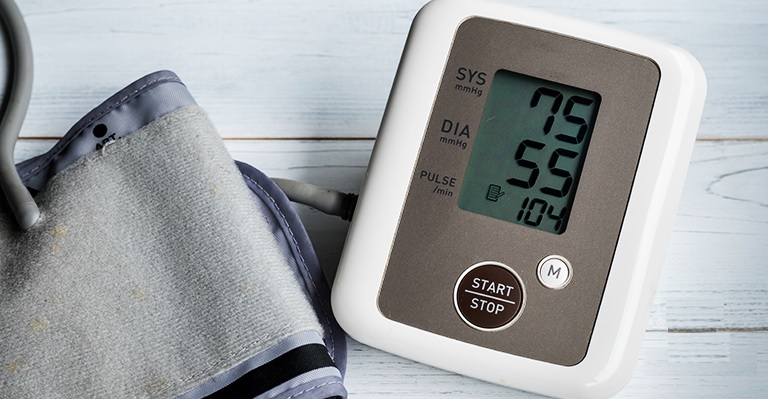
1. What is Low Blood Pressure?
Low blood pressure, also known as hypotension, is a condition where blood pressure drops suddenly below 90/60 mmHg. It is caused by a decrease in blood volume due to the heart not pumping strongly enough.
Blood pressure is measured by two numbers: the top number represents systolic blood pressure, or the pressure in the arteries when the heart beats and pumps blood, and the bottom number represents diastolic blood pressure, or the pressure in the arteries when the heart is at rest between beats.

Low blood pressure is a symptom of many underlying health conditions and can have a significant impact on one’s health, especially for the elderly. However, it can also be caused by regular exercise, standing for long periods, or even getting up from a sitting or lying position. This condition is known as postural hypotension.
2. Common Symptoms of Low Blood Pressure
Chronic low blood pressure usually does not present any serious symptoms. However, a sudden drop in blood pressure can lead to reduced blood supply to vital organs, especially the brain. A decrease in blood volume can cause damage to multiple organs.
Some signs and symptoms include dizziness, blurred vision, fainting, lack of focus, thirst, vertigo, or headaches. The body may also experience fatigue, depression, nausea, cold and clammy skin, and pallor.
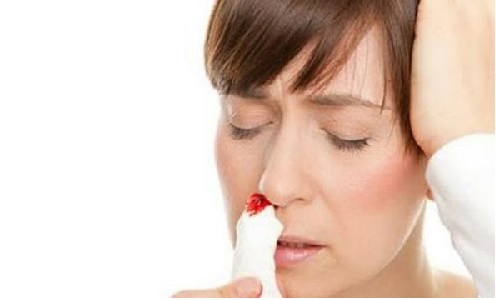
3. Who is at Risk for Low Blood Pressure?
Low blood pressure is a common condition that can affect people of all ages. However, elderly individuals and pregnant women are at a higher risk of developing this condition. It is estimated that 10% to 20% of people over the age of 65 have low blood pressure.
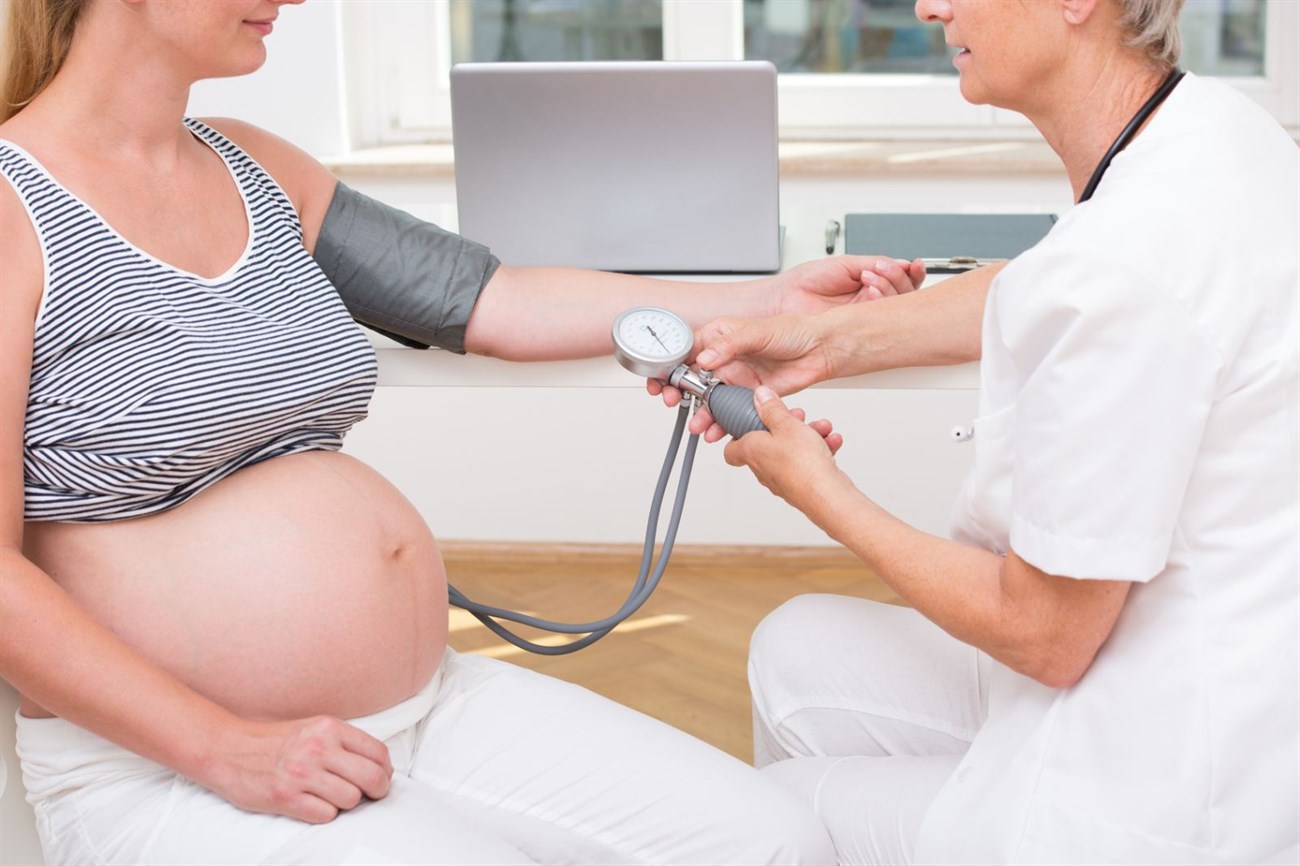
4. Causes of Low Blood Pressure
There are numerous causes of low blood pressure, including:
- Not having enough fluid in your arteries, which can occur if you are bleeding or dehydrated. Dehydration can be caused by not drinking enough water, severe diarrhea or vomiting, or excessive sweating.
- The heart not pumping blood strongly enough.
- Nerves and hormones in the body that control blood vessels not working effectively.
- Pregnancy.
- Endocrine problems such as an underactive thyroid (hypothyroidism), diabetes, or low blood sugar (hypoglycemia).
- Heat exhaustion or heat stroke.
- Certain over-the-counter medications.
- Prescription drugs for high blood pressure, depression, or Parkinson’s disease.
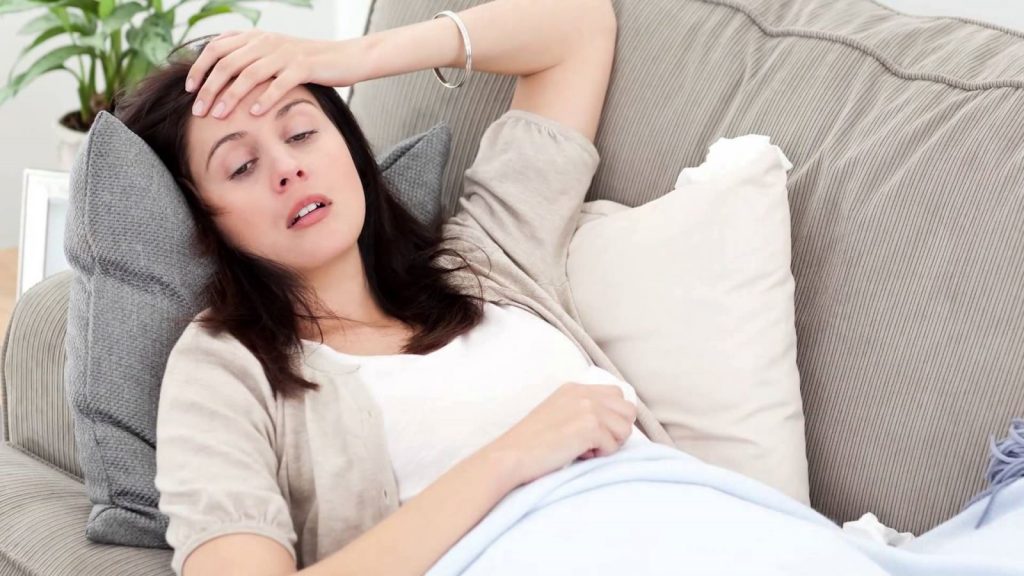
In some cases, blood pressure can drop suddenly. This can be caused by:
- Blood loss due to bleeding.
- Low body temperature.
- High body temperature.
- Cardiomyopathy, a disease of the heart muscle, leading to heart failure.
- Sepsis, a life-threatening condition caused by an infection.
- Severe dehydration from vomiting, diarrhea, or fever.
- Reaction to medication or alcohol.
- Anaphylaxis, a severe allergic reaction.

5. Effective Treatment Methods for Low Blood Pressure
Low blood pressure may not cause any signs or symptoms, or only mild symptoms such as brief dizziness when standing, and rarely requires treatment.
Doctors will determine if the condition is caused by any medication you are taking. If so, they may change your medication or adjust the dosage.
If symptoms are present, doctors will choose the most appropriate treatment based on the underlying cause and will aim to address the fundamental health issue.
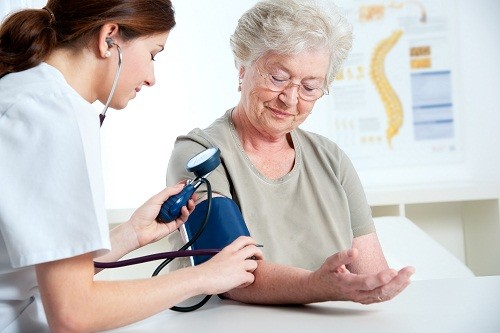
Depending on your age, health status, and the type of low blood pressure you have, treatment options may include:
- Increasing salt intake in your diet. However, consult your doctor first, as excess sodium can lead to heart failure, especially in older adults.
- Drinking more water. This will increase blood volume and prevent dehydration.
- Wearing compression stockings.
- Taking medication. Certain drugs can be used to treat low blood pressure that occurs when you stand up (postural hypotension).
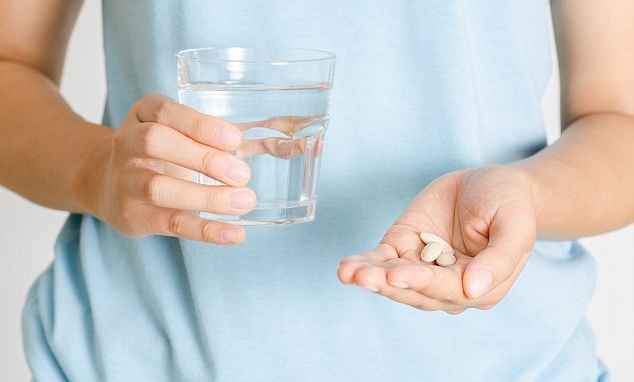
You can help manage this condition by:
- Getting up slowly and giving your body time to adjust, especially when getting out of bed in the morning. Start by sitting up and waiting a while. Then, swing your legs out of bed and wait again. When standing, make sure you have something to hold onto in case you feel dizzy.
- Avoiding running, long walks, or any strenuous activity in hot weather, as these can worsen postural hypotension.
- Ensuring you drink enough water, especially in hot weather.
- Sleeping with your head slightly elevated above your heart.
- Wearing compression stockings.
- Avoiding excessive alcohol consumption.

References and Sources: Hellobacsi.
With this information, we hope you have a better understanding of low blood pressure and can take the necessary steps to protect your health and the health of your loved ones.
































